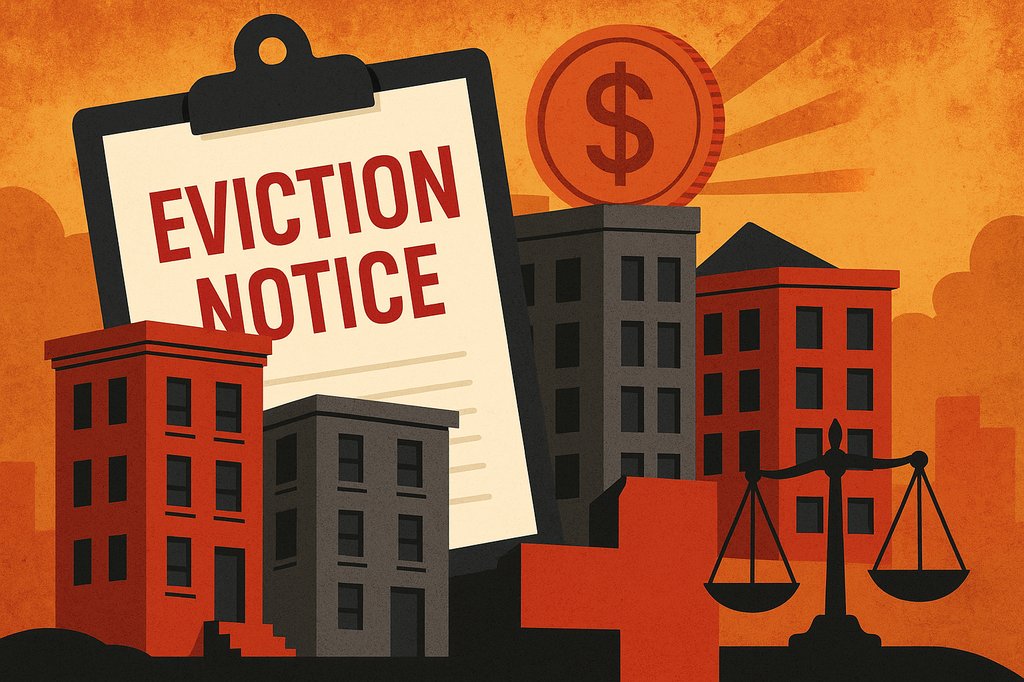Renters Request Smoke-free Housing

Renters Request Smoke-free Housing
Landlords Enjoy the Financial Benefits
LOS ANGELES (May 5, 2020) – As of April 1, 2020, “60 municipalities have enacted a law at the city or county level that prohibits smoking in 100% of private units of multi-unit housing properties,” according to the American Nonsmokers’ Rights Foundation. These increasingly popular smoke-free policies are a benefit to public health and help protect the lung health of all residents.
Secondhand smoke is a health hazard that harms tenants and makes housing units less livable. Almost half of tenants report that secondhand smoke has infiltrated in their home from elsewhere in or around the building, according to a UCLA-SAFE Multi-Unit Housing Tenant Survey.
“Every day, every night we had to open up all of our windows to air out our apartment at 3 a.m.,” said Dorothy Calderon. “We had headaches every day and were starting to get sick.”
Calderon explained that secondhand marijuana smoke was infiltrating the Downey apartment where she and her husband lived since October 2019. The smoke was coming from an apartment one level below theirs which was separated by a hallway.
“There is just absolutely nothing you can do about it – the smoke just permeates,” Calderon said.
The cost of converting to a smoke-free building is minor compared to the financial benefits of owning a smoke-free residence. Not only are cleaning costs reduced when non-smoking tenants move out, but studies indicate that smoke-free housing is more appealing to tenants.
“The smoke-free designation was extremely top of the list,” Calderon said about selecting a new apartment.
Smoke-free housing is not only desirable but more marketable. According to a report by the UCLA Center for Health Policy Research, 82 percent of Los Angeles tenants said they would prefer to live in a smoke-free apartment. Currently, only twenty percent of multi-unit housing is smoke-free.
The couple’s new apartment complex is costlier and in a different city than the one they left but Calderon said the additional expense and stress of moving during the coronavirus pandemic was worth it.
“Our lives literally depended on [moving]. This is the worst time to have a respiratory illness and my husband and I are both in our 50s,” Calderon said. “That’s a risk we can’t take.”
A 2014 report by the Center for Disease Control (CDC) found that implementing smoke-free policies in subsidized housing saves $153 million annually as well as the health and even the lives of tenants. This includes $310 million in savings from secondhand smoke-related health care, $134 in renovation expenses, and $53 million in smoking-attributed fire loss.
Smokefree policies in multi-unit housing not only protect residents against secondhand smoke but also from thirdhand smoke. Thirdhand smoke occurs when residue from tobacco smoke sticks to surfaces such as carpets and walls. These toxins will accumulate over time and outgas into rooms even when no one is smoking and re-enter the air. Children and pets may be most vulnerable.
Protecting tenant health with smokefree policies provides financial as well as public health benefits. Nonsmokers and those who are exposed to secondhand smoke have shorter life expectancies, higher rates of compromised lung health, chronic lung disease, and moderate to severe asthma. These lung illnesses put people at risk for more severe symptoms from COVID-19. Respiratory failure is the main diagnosis in COVID-19 deaths.
There is no safe level of exposure to secondhand smoke according to a report by the CDC. Exposure to secondhand smoke causes 41,000 deaths per year and is especially harmful to young children and can lead to more frequent and intense asthma attacks, more respiratory infections and a higher risk of sudden infant death syndrome.
Landlords can rest assured that implementing smoke-free policies in their buildings is within their rights and is fully enforceable. There is a common myth that there is a “right to smoke” guaranteed by the U.S. Constitution, but this is not the case.
Landlords can find additional resources on implementing smoke-free policies in their buildings and the best tools to communicate with tenants here.
###
About the American Lung Association
The American Lung Association is the leading organization working to save lives by improving lung health and preventing lung disease through education, advocacy and research. The work of the American Lung Association is focused on four strategic imperatives: to defeat lung cancer; to champion clean air for all; to improve the quality of life for those with lung disease and their families; and to create a tobacco-free future. For more information about the American Lung Association, a holder of the coveted 4-star rating from Charity Navigator and a Gold-Level GuideStar Member, or to support the work it does, call 1-800-LUNGUSA (1-800-586-4872) or visit: Lung.org.








